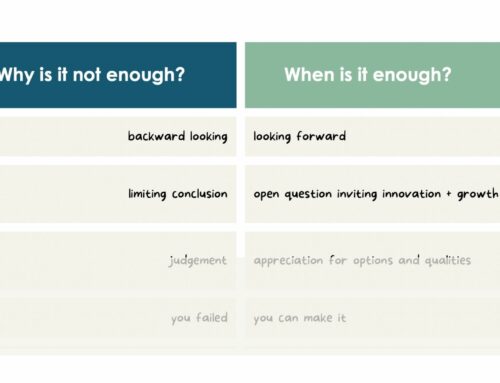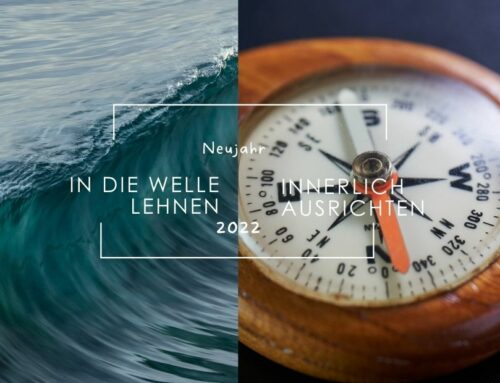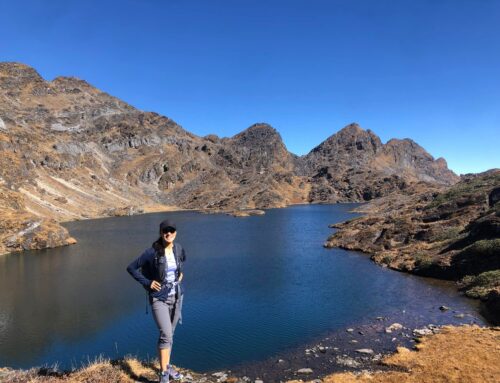Day 5
Yesterday I listened to an interview with an undertaker in a podcast - it was about how the current pandemic leads to a different confrontation with death. There are also considerable and sometimes really absurd requirements for burials in Corona times. The undertaker said that he sometimes just forgets how to count when the number of people attending a funeral does not meet the requirements. In Berlin there is even the more absurd rule that 30 participants are allowed for relicious burial ceremonies, while a maximum of 10 participants are allowed for non-religious funerals. The undertaker eventually had been ordained as a priest for $ 35 in the United States. So he simply claims every ceremony to be a religious one, when he attends. He goes a different way, and thus helps other people who are in an exceptional situation.
Is that correct? Is that responsible? Who feels competent to be able to judge that?
Yesterday I also had a phone call with a friend. She is a primary school teacher and teaches in the first years of school. We talked about many different situations, in the professional and in the private sphere, where we are constantly faced with the question: is this the right thing to do now - does it comply with the regulations, or am I now inadvertently putting someone in danger? Can the other person do what they are doing, and how should children in particular understand that? And we find out: asking yourself this over and over again is incredibly exhausting. I felt very, very tired after Easter when the first lockdown easings came into effect and was useless for weeks. At some point I realized that my brain had exhausted me because I had to make new decisions in so many different situations: is this right or wrong now?
We make an incredible number of decisions in one hour, with every movement, with every step we take. If we were to evaluate each time whether something is right or wrong, our brain would quickly be overwhelmed. It's like driving a car: if we were to perceive all the stimuli at the same time, we would not be able to focus on driving because we would be constantly distracted. When we practice in the driving school, the driving instructor sits next to us and shows us if we are doing something "wrong" while driving - that is, doing something that endangers us and everyone involved in road traffic. But the driving instructor does not sit next to us our whole life, and what we have learned at some point passes into our subconscious and the more driving experience we get, we gain confidence.
We strive for this security in order to be able to cope with our everyday life. This security arises from our own practice, from our experience, what feels good, or what we may do with. It does not come from the judgment of an inner critic who sits next to us like a driving instructor and tells us what we now have to do or what not to do. And this practice also includes having bad experiences. It is not the bad experience that makes us insecure, but our fear that we or others will judge ourselves for the wrong behavior and the consequences thereof. The evaluation of right or wrong is incredibly restrictive.
The driving instructor and the regulations to contain the pandemic will not be superfluous!We grow by applying rules and understanding what the consequences are if we interpret them differently. We do not grow by constantly dealing with our inner critic and making a judgment that it is right or wrong that there is this or that rule.
So let's not be confused by all the contradicting regulations in the pandemic and let alone be disturbed by the judgment of others: As with driving a car, we have an inner compass in everyday life as to why we behave in one way or another - possibly different from what others expect from us - but fully aware of what feels good for us and for our contribution to the community.




